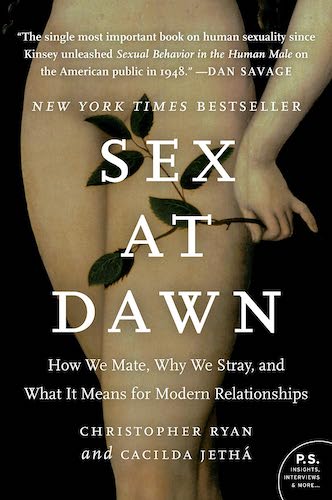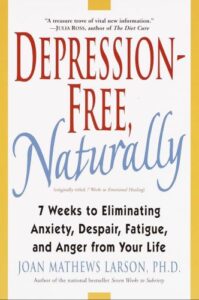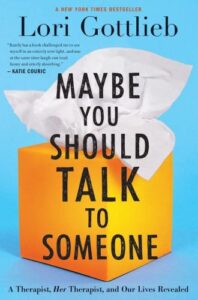Sex at Dawn
Book Author: Cacilda Jethá and Christopher Ryan
Summary reviewed by:
Terrence Timmons
Terrence Timmons
Analyst
Bachelor of Arts (BA), University Of California, Santa Barbara 2019
With over 4 years of experience as an analyst. Terrence Timmons is committed to analyzing summaries without compromising on quality.
Sex at Dawn: Summary
What if everything you've been taught about human sexuality is a sham—rooted not in nature, but in a game of societal make-believe? Buckle up, because "Sex at Dawn" flings the doors wide open on the steamy room of human sexuality and exposes the misconceptions often sold as gospel. Here’s the scoop: the monogamy-centric worldview of human sexual evolution may be more rooted in agricultural society's need to determine lineage and control resources than in our natural biological inclinations. That’s right, we argue that our pre-agricultural ancestors lived in cooperative groups where sexual relations were more akin to social activities than the romanticized, ownership-oriented model we see today.
Drawing upon anthropology, primatology, psychology, and biology, we take you on an intellectual safari that visits various cultures and historical epochs. While the dominant narrative tells you that men are hardwired to spread their seed and women to be choosy, our evidence suggests both men and women are biologically geared for a more fluid, sharing approach to sexuality. This book doesn't just challenge established norms; it turns them on their heads, questioning societal structures like marriage, jealousy, and fidelity. What unfolds is a tapestry of human experiences and possibilities that could very well change your view on love, sex, and relationships forever.
Sex at Dawn: Genres
Non-Fiction
Anthropology
Psychology
Human Sexuality
Social Science
Sex at Dawn: Themes
Nature vs. Culture: We dissect the prevailing notions of human sexuality by contrasting them with what can be inferred from our evolutionary history. The theme plays out in discussions about the sexual practices of pre-agricultural societies compared to modern norms.
Biological Imperatives: We investigate the role of biology in human sexuality, challenging the mainstream view that men and women have vastly different sexual objectives based on evolutionary imperatives. Our data from studies in primatology and anthropology suggest that both sexes have a more communal approach to sex than previously thought.
Social Constructs: The book questions deeply ingrained societal concepts like monogamy, marriage, and sexual ownership. By contrasting these with practices from other cultures and times, we show that many of our accepted norms are far from universal.
The Complexity of Human Relationships: Through various case studies and cross-cultural comparisons, we highlight the multifaceted nature of human relationships, moving beyond the simplistic narrative of monogamy and one true soulmate to explore more pluralistic and fluid possibilities.


Sex at Dawn
Date Published: June 29, 2010
Disclaimer: As an Amazon Associate I earn from qualifying purchases.




